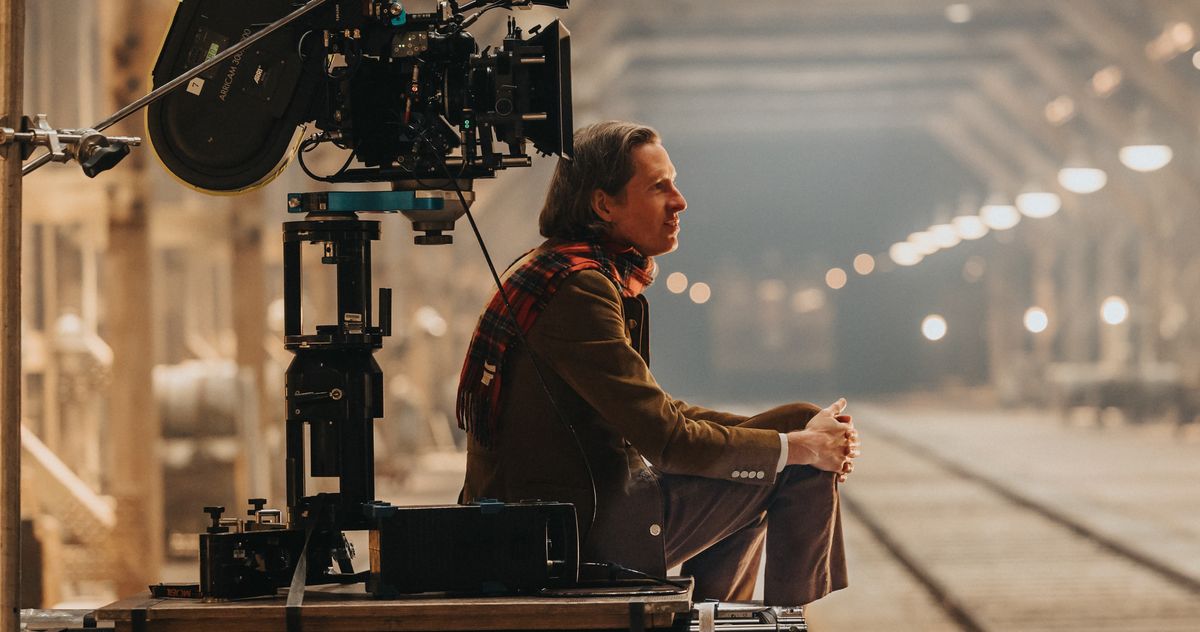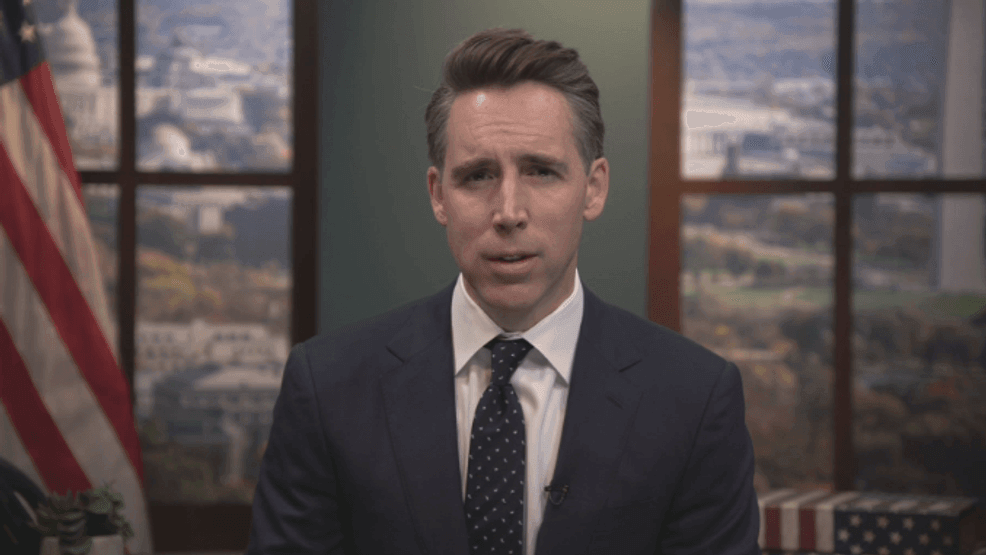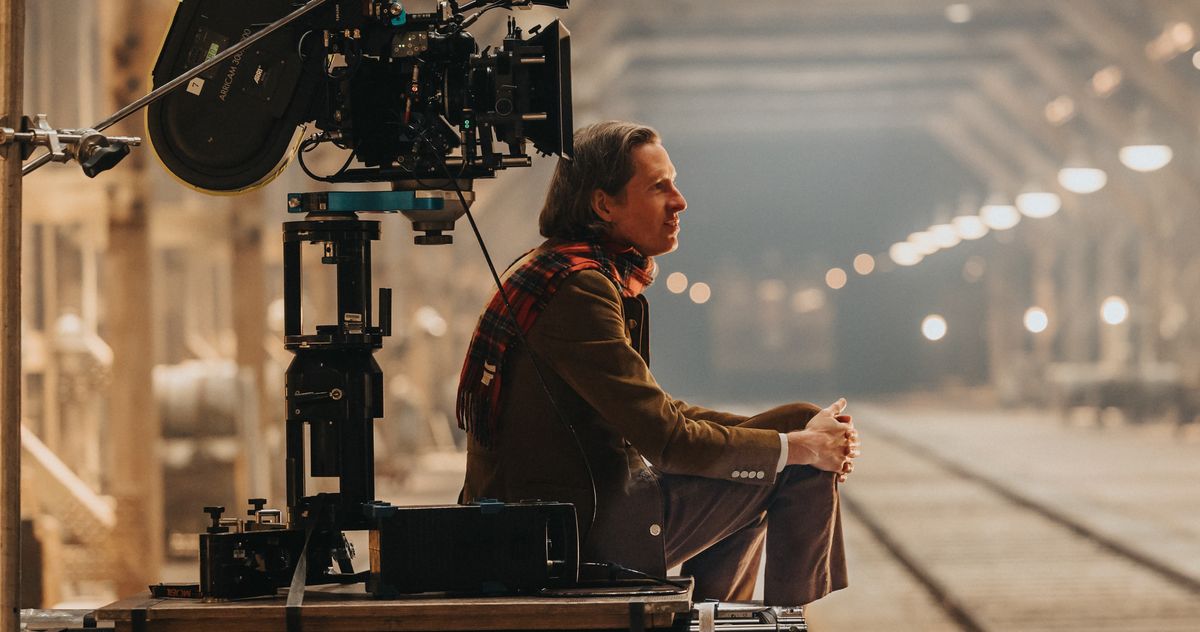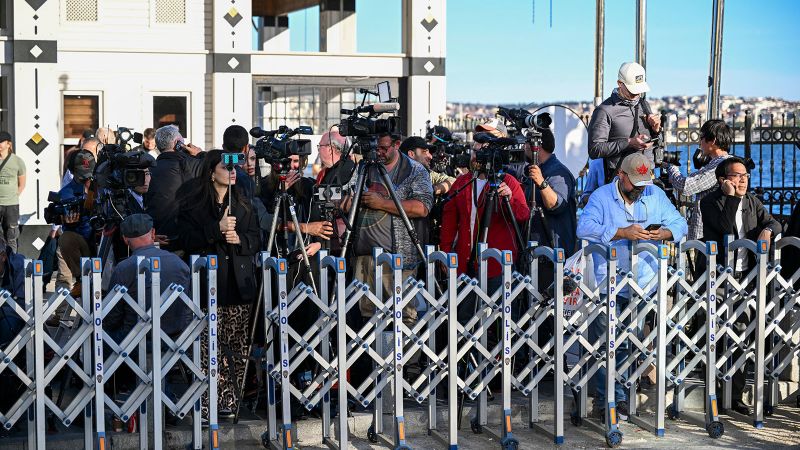Wes Anderson: Unveiling The Melancholy Beneath The Whimsy

Welcome to your ultimate source for breaking news, trending updates, and in-depth stories from around the world. Whether it's politics, technology, entertainment, sports, or lifestyle, we bring you real-time updates that keep you informed and ahead of the curve.
Our team works tirelessly to ensure you never miss a moment. From the latest developments in global events to the most talked-about topics on social media, our news platform is designed to deliver accurate and timely information, all in one place.
Stay in the know and join thousands of readers who trust us for reliable, up-to-date content. Explore our expertly curated articles and dive deeper into the stories that matter to you. Visit Best Website now and be part of the conversation. Don't miss out on the headlines that shape our world!
Table of Contents
Wes Anderson: Unveiling the Melancholy Beneath the Whimsy
Wes Anderson. The name conjures images of meticulously symmetrical frames, pastel palettes, and quirky characters inhabiting exquisitely designed worlds. His films are instantly recognizable, a vibrant tapestry woven with humor, eccentricity, and a distinct visual style. But beneath the whimsical surface lies a current of melancholy, a subtle sadness that resonates deeply with audiences and critics alike. This exploration delves into the melancholic undercurrents that define Anderson's cinematic universe.
A Symphony of Symmetry and Sorrow:
Anderson's films are celebrated for their visual perfection. The symmetrical compositions, the carefully chosen color palettes, and the meticulous attention to detail create a captivating aesthetic. However, this very precision can feel strangely unsettling, almost sterile, highlighting the inherent loneliness often experienced by his characters. Think of the desolate landscapes in Moonrise Kingdom, the claustrophobic interiors of the Tenenbaum household in The Royal Tenenbaums, or the isolated grandeur of the Grand Budapest Hotel itself. These settings, while visually stunning, often serve as a backdrop to profound feelings of isolation and loss.
Lost Boys and Broken Families:
Many of Anderson's protagonists are adrift, grappling with dysfunctional families or a sense of displacement. From the eccentric Tenenbaum siblings to the precocious Sam and Suzy in Moonrise Kingdom, his characters are often grappling with absent or emotionally unavailable parents, leading to feelings of abandonment and longing. This theme of fractured familial relationships is a recurring motif, underscoring the melancholy that permeates his work. The exploration of these themes often resonates with audiences who have experienced similar emotional complexities.
The Power of Nostalgia and Loss:
Nostalgia plays a significant role in Anderson's filmmaking. His films often evoke a sense of longing for a bygone era, a lost innocence, or a simpler time. This yearning for the past is inextricably linked to the melancholy that underpins his narratives. The meticulously recreated historical settings, coupled with the bittersweet tone of the storytelling, amplify the feeling of something irretrievably lost. This is particularly evident in The Grand Budapest Hotel, a film steeped in nostalgia for a lost world of elegance and sophistication.
Humor as a Coping Mechanism:
Despite the pervasive melancholy, Anderson’s films are undeniably funny. The quirky humor acts as a counterpoint to the sadness, a coping mechanism for his characters and perhaps for the director himself. The witty dialogue and eccentric characters provide moments of levity, preventing the films from descending into complete despair. However, this humor often serves to highlight the underlying sadness, making it all the more poignant.
Beyond the Whimsy: A Deeper Look:
While Wes Anderson's films are visually captivating and often comedic, a closer examination reveals a persistent undercurrent of melancholy. The recurring themes of loss, isolation, and dysfunctional families contribute to a deeper emotional resonance, making his work both entertaining and profoundly moving. This exploration of the melancholy beneath the whimsy is a key element that contributes to his enduring appeal and critical acclaim. Are you a fan of Wes Anderson's more melancholic films? Share your thoughts in the comments below!
Keywords: Wes Anderson, melancholy, whimsy, film analysis, movie review, The Royal Tenenbaums, Moonrise Kingdom, The Grand Budapest Hotel, film criticism, director, visual style, nostalgia, dysfunctional families, sadness, humor.

Thank you for visiting our website, your trusted source for the latest updates and in-depth coverage on Wes Anderson: Unveiling The Melancholy Beneath The Whimsy. We're committed to keeping you informed with timely and accurate information to meet your curiosity and needs.
If you have any questions, suggestions, or feedback, we'd love to hear from you. Your insights are valuable to us and help us improve to serve you better. Feel free to reach out through our contact page.
Don't forget to bookmark our website and check back regularly for the latest headlines and trending topics. See you next time, and thank you for being part of our growing community!
Featured Posts
-
 Us Air Quality Alert The Impact Of Canadas Devastating Wildfires
May 17, 2025
Us Air Quality Alert The Impact Of Canadas Devastating Wildfires
May 17, 2025 -
 Chris Brown Accused Of Assault At London Nightclub Charges Filed
May 17, 2025
Chris Brown Accused Of Assault At London Nightclub Charges Filed
May 17, 2025 -
 Hawley Investigation Top Insurers State Farm And Allstate Grilled On Pricing Practices
May 17, 2025
Hawley Investigation Top Insurers State Farm And Allstate Grilled On Pricing Practices
May 17, 2025 -
 Beyond The Whimsy The Underlying Sadness In Wes Andersons Work
May 17, 2025
Beyond The Whimsy The Underlying Sadness In Wes Andersons Work
May 17, 2025 -
 Friendship Film Breaks Into Top Ten Markets Detroit Premiere And Specialty Preview
May 17, 2025
Friendship Film Breaks Into Top Ten Markets Detroit Premiere And Specialty Preview
May 17, 2025
Latest Posts
-
 Are These 10 Early Mlb Stats Cause For Concern A Seasons Start Analysis
May 18, 2025
Are These 10 Early Mlb Stats Cause For Concern A Seasons Start Analysis
May 18, 2025 -
 Consumer Alert New Study Reveals Dangerous Heavy Metals In Rice
May 18, 2025
Consumer Alert New Study Reveals Dangerous Heavy Metals In Rice
May 18, 2025 -
 Friendship Detroit Premiere Box Office Success And Specialty Film Lineup
May 18, 2025
Friendship Detroit Premiere Box Office Success And Specialty Film Lineup
May 18, 2025 -
 A Day Of Uncertainty Assessing The Outcomes Of The First Russia Ukraine Direct Talks In Three Years
May 18, 2025
A Day Of Uncertainty Assessing The Outcomes Of The First Russia Ukraine Direct Talks In Three Years
May 18, 2025 -
 Ukraine Conflict Trump Links Resolution To Putin Meeting
May 18, 2025
Ukraine Conflict Trump Links Resolution To Putin Meeting
May 18, 2025
